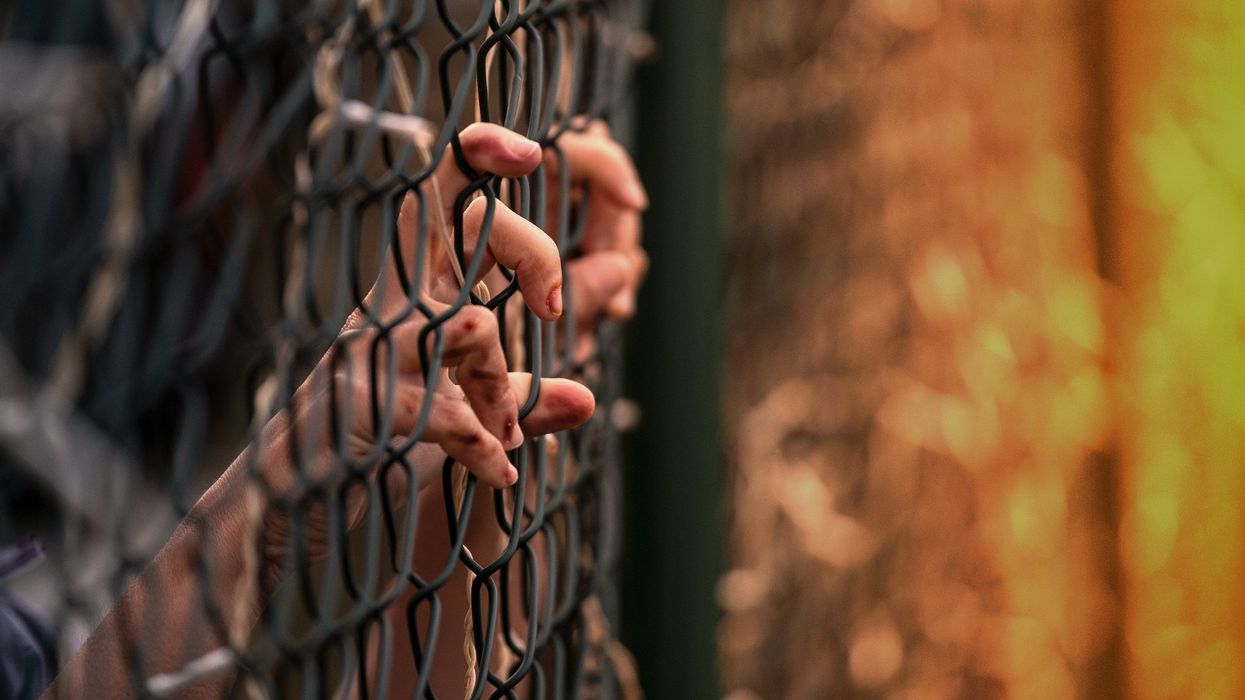It's a peculiar feeling to see the United States, a nation built on the bones of the oppressed, suddenly rebrand itself as a sanctuary for the persecuted as long as those seeking refuge are white. The current executive branch of the American government has managed to weaponize the language of human rights for its own geopolitical and racial ends— that is, selective, self-serving, misguided, and immoral.
The Trump administration is sullying the name of America, with barely a fig leaf of evidence, by trumpeting allegations of "genocide" against white South Africans. The chorus rises from right-wing newsrooms to the halls of Congress, fueled by viral videos and the breathless retelling of farm attacks, stripped of historical context or statistical rigor. White South Africans are an endangered species, so told, and America must fling open its doors, granting not just asylum but a fast track to citizenship—no questions asked.
Contrast this with the labyrinth of cruelty that greets Black and brown asylum seekers from Haiti, Central America, the Middle East, or sub-Saharan Africa. For them, there are cages, deportations, and endless bureaucratic purgatory. For white South Africans, there is welcome. There is sympathy. There is an open hand.
I've seen South Africa—its pain, promise, unfinished struggle—up close. In my Fulcrum article, I wrote about my post-apartheid travels, the complicated dance of reconciliation, and the everyday heroism of ordinary South Africans, Black and white, who have refused to let the wounds of history fester into new cycles of vengeance. My cross-cultural work and conversations with survivors, clergy, activists, and families across townships and suburbs all tell a story far more nuanced than the caricature circulating in Washington.
Yes, South Africa is a country haunted by violence. Due chiefly to its legacy of apartheid, centuries of land theft, and economic exclusion. But why, then, does this administration fixate on South Africa? Why the sudden urge to play the benevolent savior to white refugees while ramping up barriers against everyone else? We all know the answer. In America, whiteness still confers an almost magical power to transform suffering—real or imagined—into moral urgency.
By elevating the plight of white South Africans, the administration feeds the anxieties of its base, stokes the flames of racial resentment, and distracts from its failure to confront domestic racism. The narrative of "white genocide" conveniently erases the ongoing economic and social violence faced by Black South Africans while allowing American politicians to posture as champions of human rights. However, there is a cost for selective morality.
A moral democracy assumes every person, regardless of race or origin, should have the right to seek refuge from violence and persecution. Yet the present federal approach is not about principle; it is about power. The Trump administration's policy is not grounded in a careful assessment of need or risk; it is animated by an old and ugly logic, one that privileges whiteness and treats Black and brown lives as disposable.
I've visited with South Africans—white, Black, and "colored"—whose lives have been touched by violence. I've visited the inner cities and the rural and affluent communities where fear and hardship are a daily reality. But I've also seen the tenacity of reconciliation, the struggle for justice, the messy, unfinished work of building a nation out of the ashes of apartheid. Truthfully, it is not up to Americans—least of all American politicians who have less than informed working knowledge of cultural life in Johannesburg, Soweto, Hoedspruit, Pretoria, or Cape Town—to define or distort the reality of contemporary South Africa. And it is certainly not the role of the U.S. government to selectively amplify one group's suffering while erasing or minimizing the suffering of others.
There exists a reality behind the rhetoric. Credible researchers—including the South African Human Rights Commission and independent international observers—have found no evidence of a government campaign to exterminate white South Africans. Farm murders, tragic as they are, represent a fraction of the country's overall violent crime, which overwhelmingly affects Black South Africans. Nevertheless, the Trump
administration has ignored these findings, preferring the sensationalism of viral hoaxes and the lobbying of far-right interest groups. It's no coincidence that the loudest voices calling for white South African asylum are the same ones who championed the Muslim ban or who cheered on the mass deportation of Haitian refugees last year.
A call of conscience is before our nation. Together, we must challenge this nation's leaders and all those who enable its policies to answer for this betrayal of our deepest ethical commitments. America cannot claim to champion global human rights while practicing racial triage at its borders. We cannot claim to have moved beyond our apartheid-like practices while importing its logic into our laws.
Moreover, if we are serious about justice, we must extend the same dignity and protection to all who seek refuge—not just those whose suffering flatters our prejudices. We must listen to the people of South Africa, in all their diversity, and resist the temptation to reduce their reality to propaganda.
Rev. Dr. F. Willis Johnson is a spiritual entrepreneur, author, scholar-practioner whose leadership and strategies around social and racial justice issues are nationally recognized and applied.




















Trump & Hegseth gave Mark Kelly a huge 2028 gift